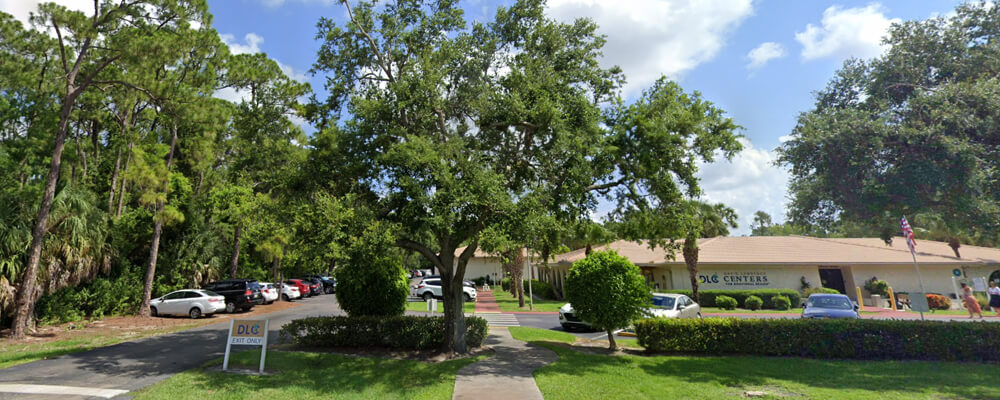Featured / Trending

Introducing Qualifacts® iQ | Behavioral Health Artificial Intelligence (AI) Solution
Qualifacts, a leading provider of electronic health record (EHR) solutions for behavioral health and human services organizations, announces the launch of the Behavioral Health Artificial Intelligence solution Qualifacts® iQ,
Continue Reading
Driving Decade-long Success: Community Access Unlimited Thrives with Qualifacts’ CareLogic EHR Solution
Approaching a decade of partnership with Qualifacts and the CareLogic EHR, Community Access Unlimited (CAU) has overseen growth and change while managing increasingly complex documentation, billing, and compliance requirements for the members it serves through its programs in the residential properties it owns and manages.
Continue Reading
An Overview of Mental Health Notes and Their Uses
Documentation is a vital part of every provider’s job, and there are several standardized processes that make taking mental health notes more productive and efficient. Qualifacts offers this overview of DAP, SOAP, and BIRP notes in behavioral healthcare.
Continue Reading








